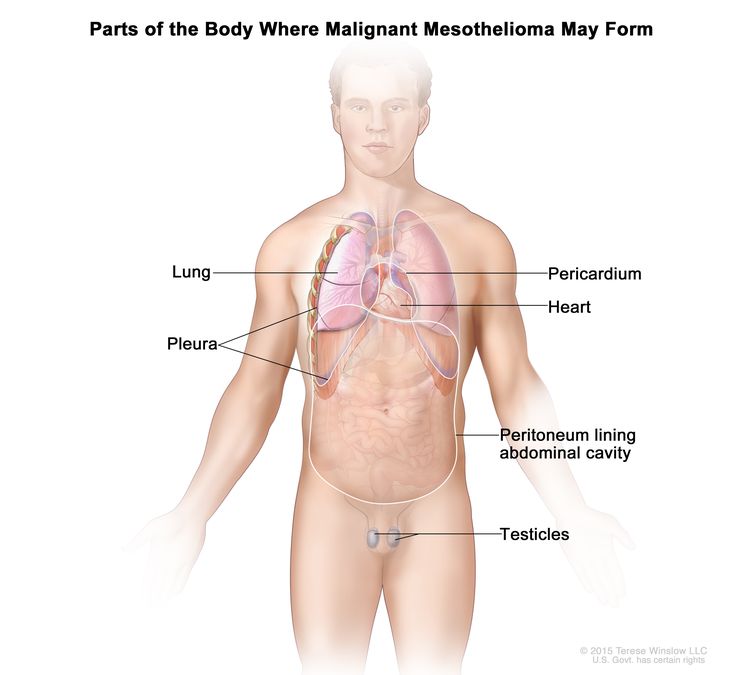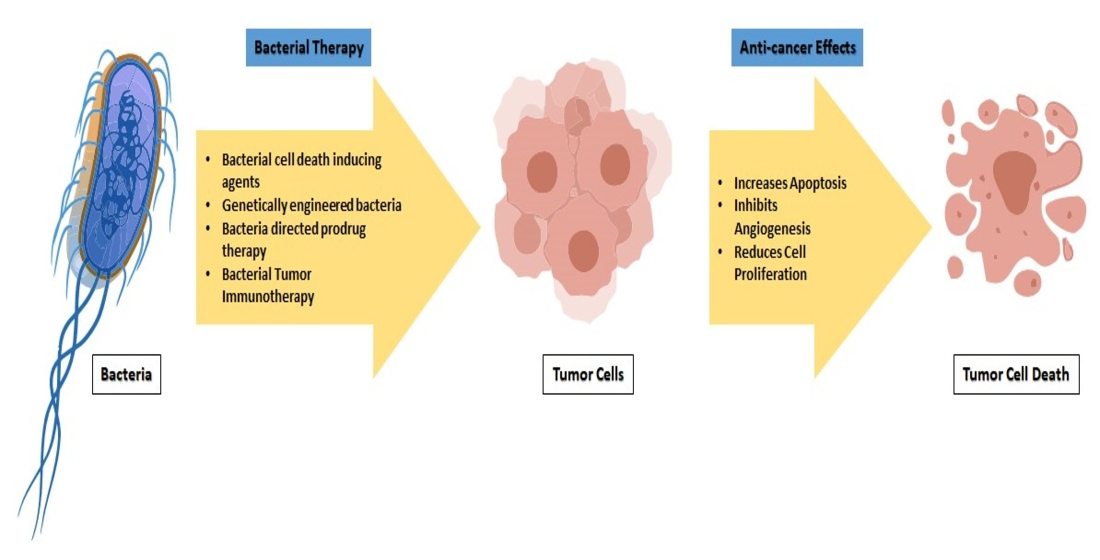mesothelioma treatment
 Mesothelioma Treatment: Finding Hope in the Face of Adversity
Mesothelioma Treatment: Finding Hope in the Face of Adversity
 As someone who has personally battled mesothelioma, I understand how overwhelming and daunting a diagnosis can be.
As someone who has personally battled mesothelioma, I understand how overwhelming and daunting a diagnosis can be.
The road ahead may seem long and uncertain, but it's important to remember that there is hope.
With advances in medical technology and treatment options, mesothelioma patients have more choices than ever before.
In this article, we'll explore some of the latest treatments available for mesothelioma.
Chemotherapy: A Powerful Tool in Mesothelioma Treatment
 As someone who has experienced mesothelioma treatment, I can attest to the effectiveness of chemotherapy.
As someone who has experienced mesothelioma treatment, I can attest to the effectiveness of chemotherapy.
It is one of the most common forms of treatment for mesothelioma and uses powerful drugs to kill cancer cells throughout the body.
Types of Chemotherapy Drugs
There are several different types of chemotherapy drugs used in mesothelioma treatment, including cisplatin, carboplatin, and pemetrexed.
These drugs work by attacking rapidly dividing cells, which includes cancer cells.
Managing Side Effects
While chemotherapy can cause side effects such as nausea and fatigue, these symptoms can often be managed with medication and lifestyle changes.
It is important to communicate with your healthcare team about any side effects you experience so they can provide the appropriate support.
Chemotherapy can be a difficult process, but it can also be highly effective in shrinking tumors and slowing the progression of the disease.
It is important to note that chemotherapy is not a cure for mesothelioma, but it can be a powerful tool in managing the disease.
It is often used in combination with other treatments such as surgery and radiation therapy to provide the best possible outcome for patients.
Staying Positive
Going through chemotherapy can be a challenging experience, both physically and emotionally.
It is important to stay positive and surround yourself with a supportive network of family and friends.
Chemotherapy uses powerful drugs to kill cancer cells throughout the body.
Remember that everyone's experience with mesothelioma treatment is unique, and what works for one person may not work for another.
It is important to work closely with your healthcare team to develop a treatment plan that is tailored to your individual needs.
Surgery: Removing Cancerous Tissue to Improve Outcomes
 Effectiveness and Risks of Surgery
Effectiveness and Risks of Surgery
Surgery can be an effective way to remove cancerous tissue and improve outcomes for mesothelioma patients.
However, it is not always possible depending on the extent of the disease.
Additionally, surgery can be risky and may require a lengthy recovery period.
Types of Surgery
There are different types of surgery for mesothelioma, including:
- Extrapleural pneumonectomy (EPP): removal of the affected lung, part of the diaphragm, and the lining of the heart
- Pleurectomy with decortication (P/D): removal of the lining of the lung and chest wall
- Cytoreductive surgery with heated intraperitoneal chemotherapy (HIPEC): removal of tumors in the abdominal cavity followed by heated chemotherapy
Risks of Surgery
As with any surgery, there are risks involved, including:
Bleeding, infection, and blood clots are possible complications of surgery.
Additionally, surgery may not be effective if the cancer has spread too far.
It is important to discuss the risks and benefits of surgery with a mesothelioma specialist to determine if it is the right treatment option for you.
Radiation Therapy: Using Radiation to Target Cancer Cells
 Radiation therapy is a crucial tool in the fight against mesothelioma.
Radiation therapy is a crucial tool in the fight against mesothelioma.
It uses high-energy radiation to target and kill cancer cells, as well as shrink tumors.
This treatment is often used in combination with other therapies like chemotherapy or surgery.
Types of Radiation Therapy
There are two main types of radiation therapy: external beam radiation and internal radiation.
External beam radiation involves a machine that delivers radiation from outside the body, while internal radiation involves placing radioactive materials directly into the affected area.
How Radiation Therapy Works
Radiation therapy works by damaging the DNA of cancer cells, which prevents them from dividing and growing.
The radiation is carefully targeted to minimize damage to healthy cells surrounding the tumor.
The treatment is typically given in daily sessions over several weeks.
According to the American Cancer Society, radiation therapy is effective in treating mesothelioma in about 50% of cases.
Possible Side Effects
While radiation therapy is an effective treatment, it can also have side effects.
These can include fatigue, skin irritation, and nausea.
However, these side effects are usually temporary and can be managed with medication or other therapies.
Immunotherapy: Harnessing the Power of the Immune System
 Checkpoint Inhibitors for Mesothelioma Patients
Checkpoint Inhibitors for Mesothelioma Patients
One form of immunotherapy that has shown promise for mesothelioma patients is checkpoint inhibitors.
Checkpoint inhibitors work by blocking proteins on cancer cells that prevent the immune system from attacking them.
By doing so, they can help the immune system recognize and attack cancer cells more effectively.
Side Effects of Immunotherapy
While immunotherapy can be effective, it can also have side effects.
These side effects can range from mild to severe and can include fatigue, fever, and nausea.
In some cases, immunotherapy can cause the immune system to attack healthy cells, leading to autoimmune disorders.
Immunotherapy can be a game-changer for cancer patients, but it's important to weigh the potential benefits against the risks and side effects.
Combining Immunotherapy with Other Treatments
Immunotherapy can also be used in combination with other cancer treatments, such as chemotherapy and radiation therapy.
This approach is known as combination therapy and can be more effective than using immunotherapy alone.
Combination therapy can help to boost the immune system while also targeting cancer cells directly, leading to better outcomes for patients.
Multimodal Therapy: Combining Treatments for Better Outcomes
Multimodal therapy is a comprehensive approach to mesothelioma treatment that combines multiple forms of treatment.
This may include surgery, chemotherapy, radiation therapy, and/or immunotherapy.
Targeting Cancer from Multiple Angles
The goal of multimodal therapy is to provide the most effective treatment possible by targeting the cancer from multiple angles.
While it can be an intensive process, studies have shown that multimodal therapy can lead to better outcomes for mesothelioma patients than single-modality treatment.
Benefits of Multimodal Therapy
One of the main benefits of multimodal therapy is that it can increase the effectiveness of treatment.
By combining different treatments, the cancer is attacked from multiple angles, making it more difficult for the cancer to survive and spread.
Studies have shown that multimodal therapy can lead to longer survival times and improved quality of life for mesothelioma patients.
Another benefit of multimodal therapy is that it can be tailored to the individual patient's needs.
Depending on the stage of the cancer and the patient's overall health, different treatments can be combined to create a personalized treatment plan.
Challenges of Multimodal Therapy
While multimodal therapy can be effective, it can also be an intensive process that requires a lot of time and resources.
Patients may need to undergo multiple surgeries and treatments, which can be physically and emotionally draining.
It's important for patients to work closely with their healthcare team to understand the potential benefits and challenges of multimodal therapy.
Additionally, not all patients are candidates for multimodal therapy.
Patients with advanced mesothelioma may not be able to tolerate the intensity of the treatment, and may need to explore other options.
The Future of Mesothelioma Treatment
:max_bytes(150000):strip_icc()/mesothelioma-symptoms-causes-treatments-and-prognosis-2249373-V3-67-5c798f41c9e77c0001fd59c8.png) While there is still much to learn about mesothelioma, researchers and medical professionals continue to make strides in the search for a cure.
While there is still much to learn about mesothelioma, researchers and medical professionals continue to make strides in the search for a cure.
Here are some promising areas of research:
- Gene therapies that target specific mutations in cancer cells
- New drugs that are designed to attack cancer cells more effectively
- Improved diagnostic tools that can detect mesothelioma earlier
- Better understanding of the role of genetics in mesothelioma development
As we move forward, it's important to remember that there is always hope.
With advances in medical technology and treatment options, mesothelioma patients have more choices than ever before.
By working closely with your healthcare team and exploring all available options, you can find a path forward that works for you.






0 Comments